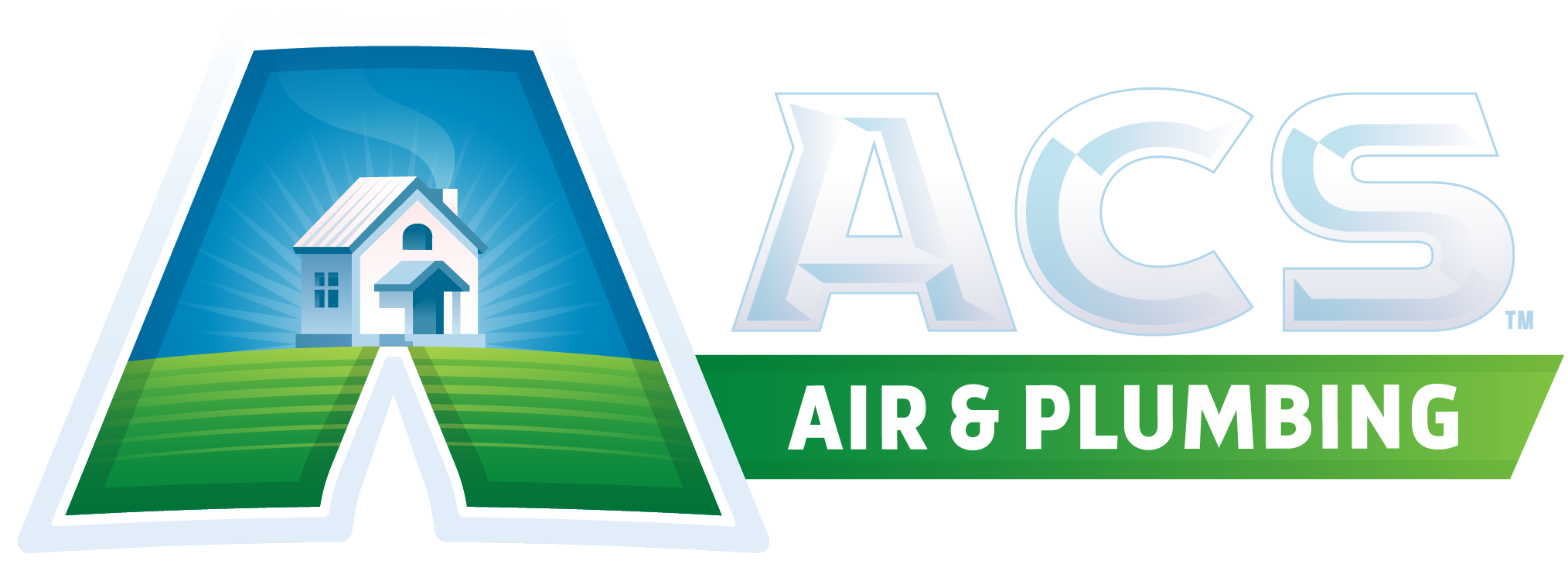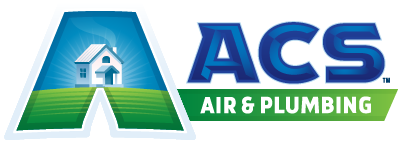What is the Average Cost of AC Repair in Mount Lemon?
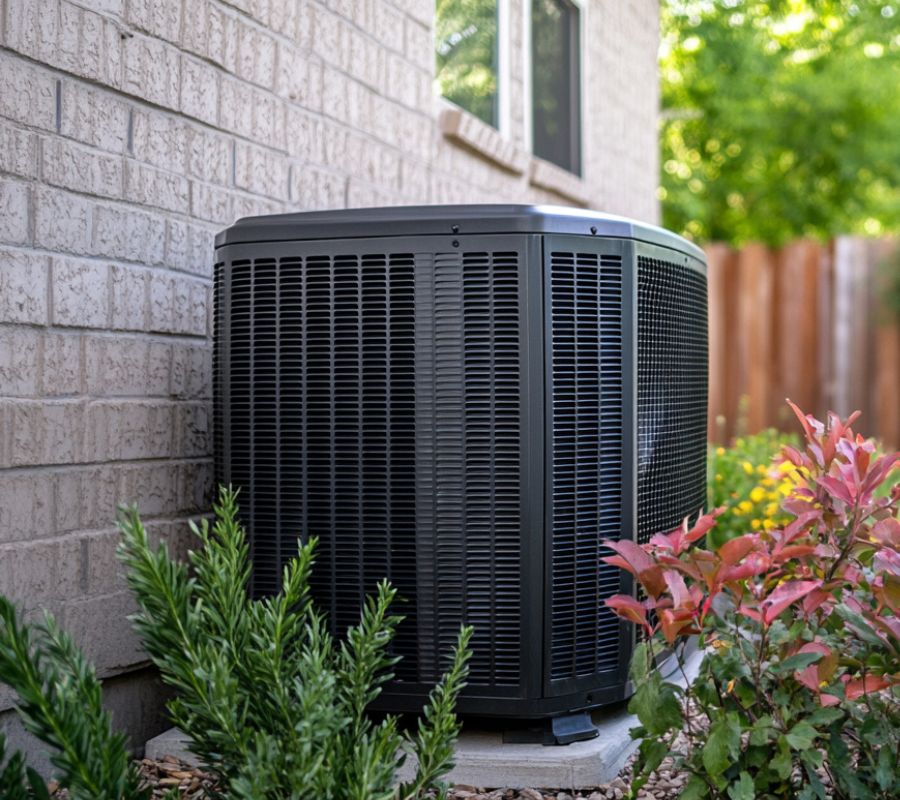
The average cost of AC repair in Mount Lemon typically ranges between $150 and $1,200, depending on the nature of the issue, the type of system, and labor rates. Minor repairs like thermostat adjustments or capacitor replacements may cost on the lower end, while major issues such as compressor failure can push costs higher. However, […]
What is the Average Cost of AC Repair in Tucson, AZ? (2025 Guide)
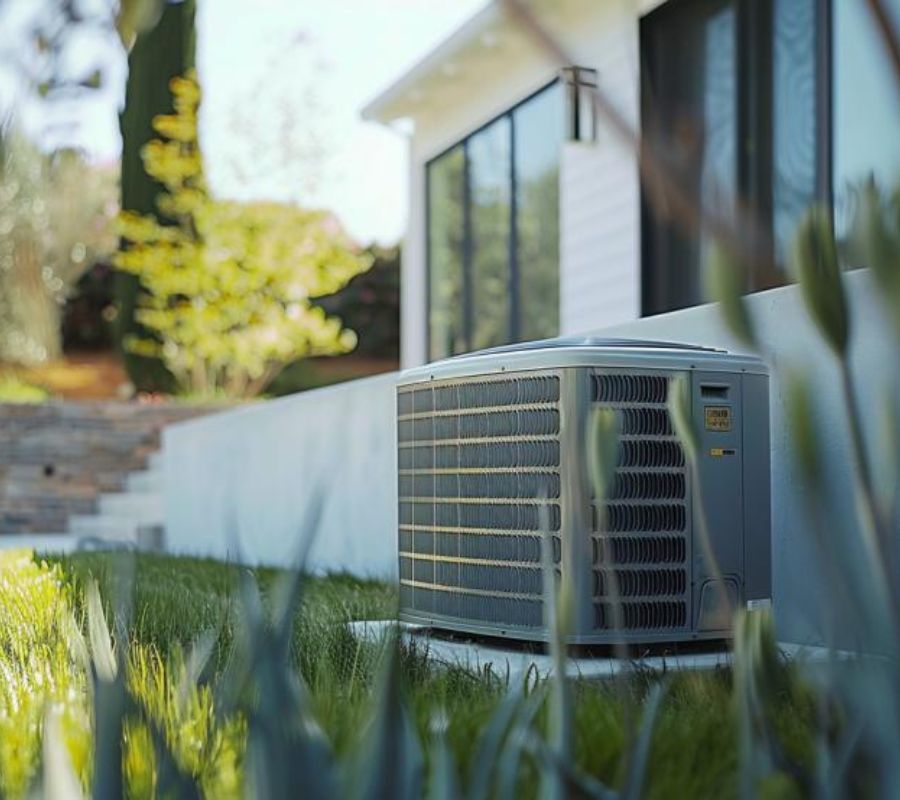
The average cost of AC repair in Tucson, AZ typically ranges between $150 and $900, with most repairs falling in the $300 to $600 range, depending on the issue, labor, and replacement parts. Understanding AC repair costs can help you budget effectively and make informed decisions when hiring AC repair services. In this guide, we’ll […]
How Do You Check Your AC Compressor?
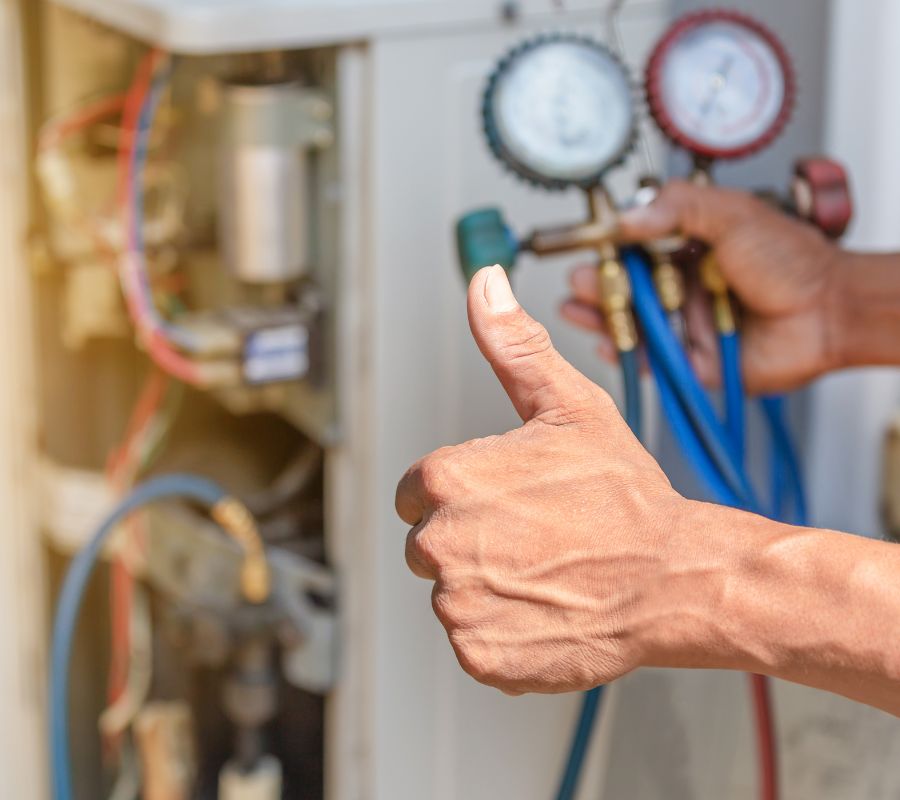
Checking your AC compressor involves inspecting key components, monitoring performance, and performing simple diagnostic tests to identify any issues affecting its efficiency or functionality. The compressor is the heart of your air conditioning system, responsible for circulating refrigerant and maintaining a comfortable indoor temperature. Regular AC maintenance, including inspecting the compressor, ensures your air conditioner […]

